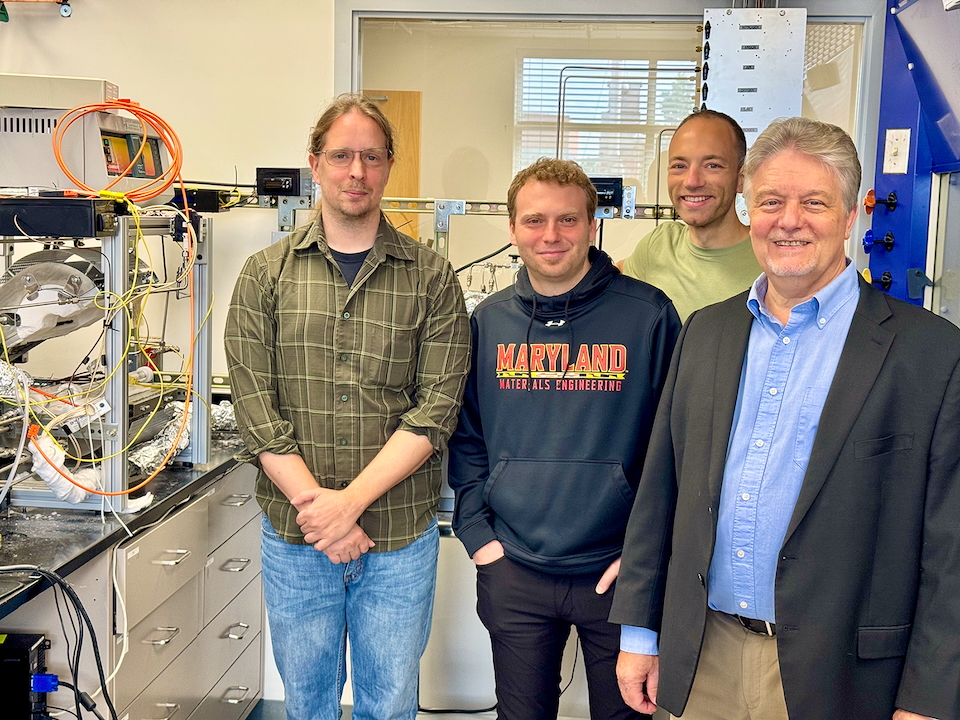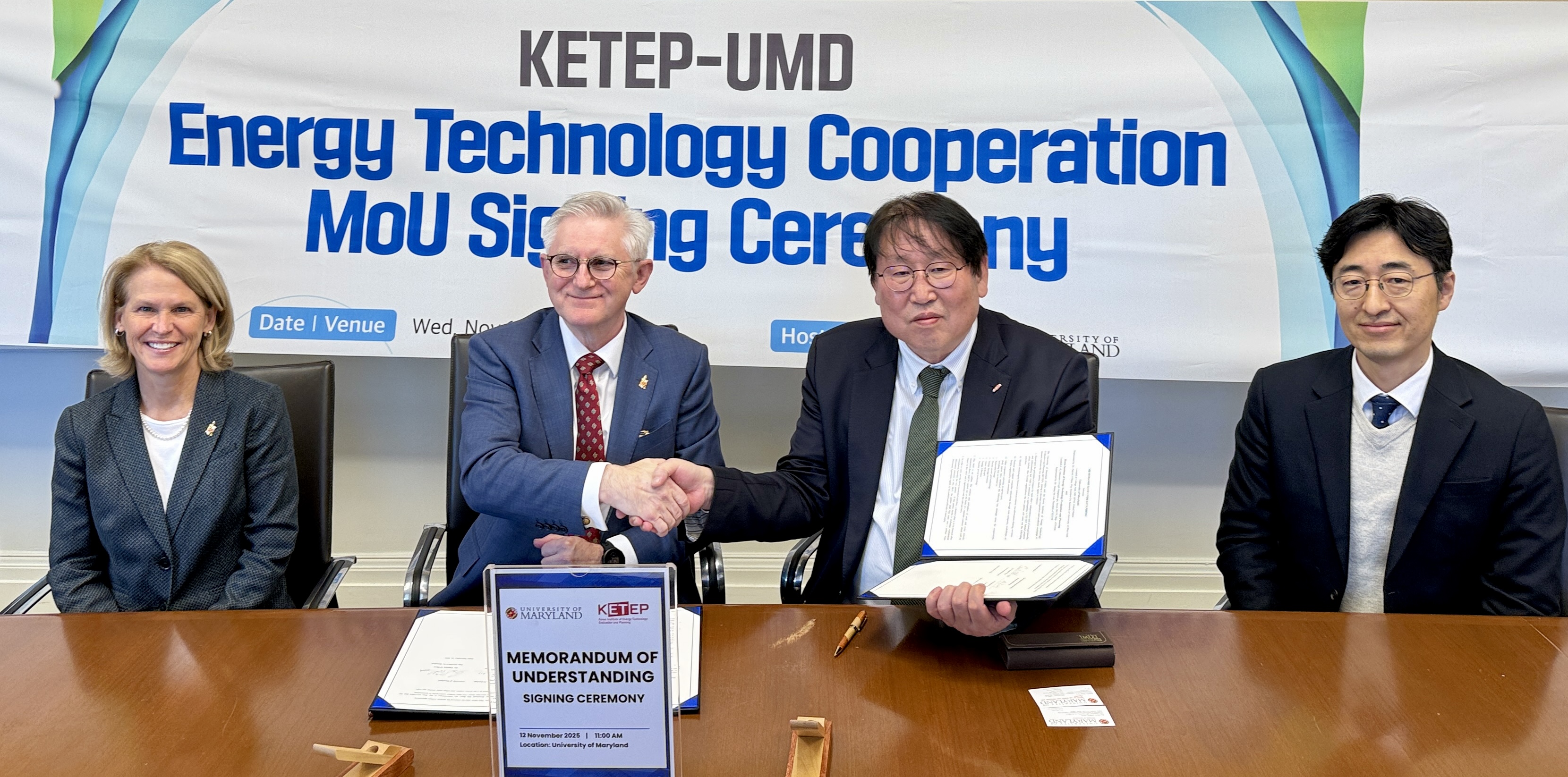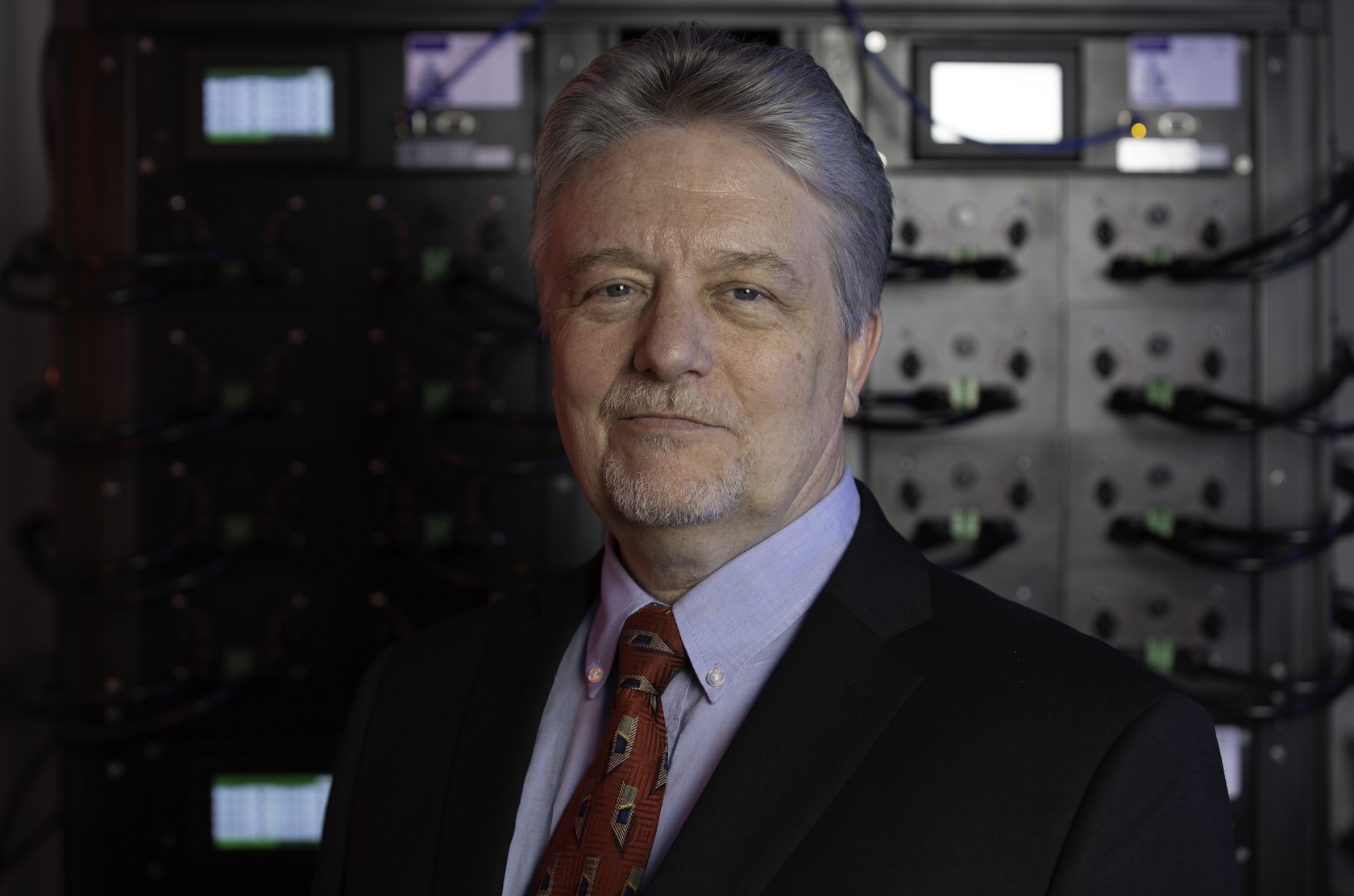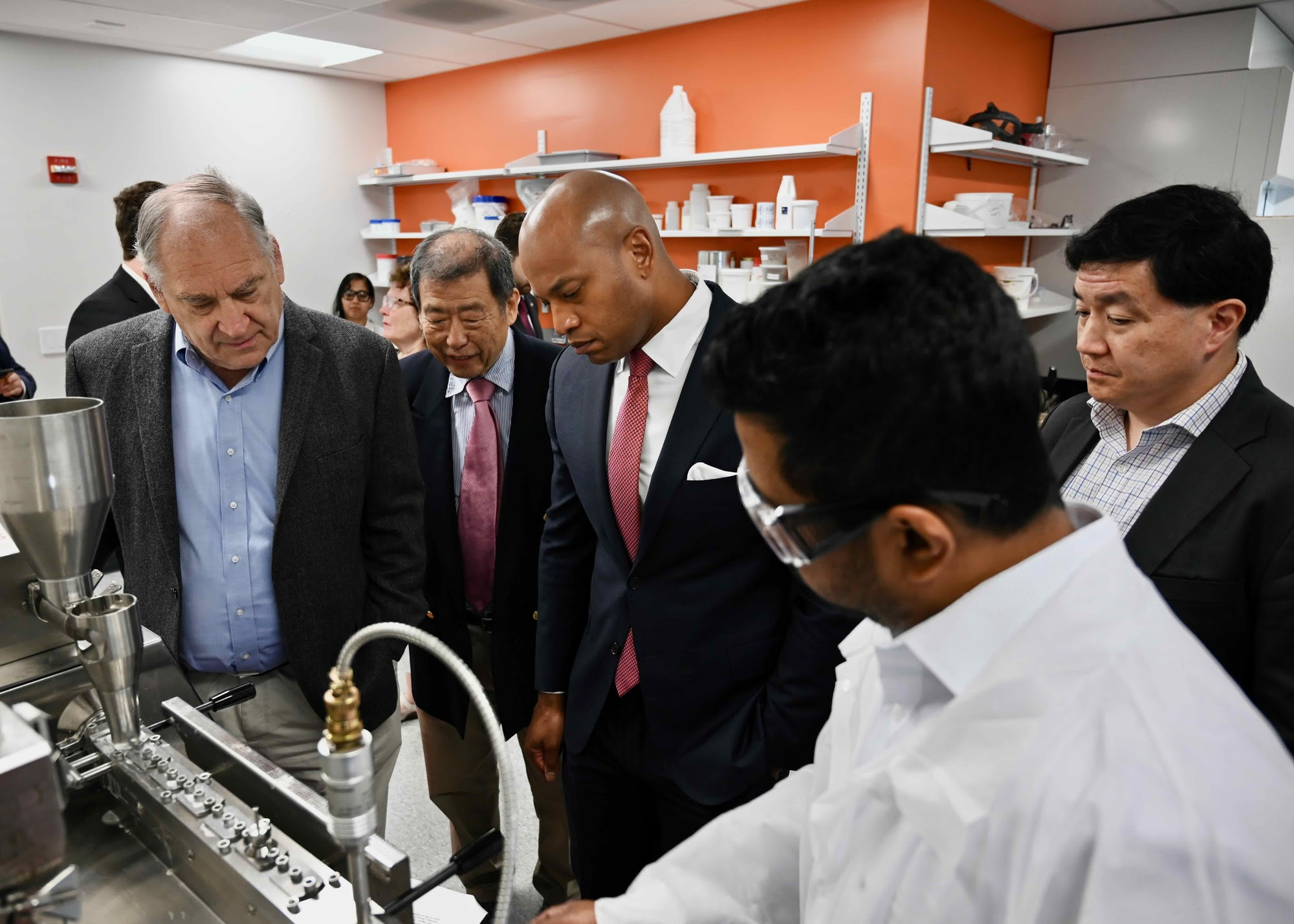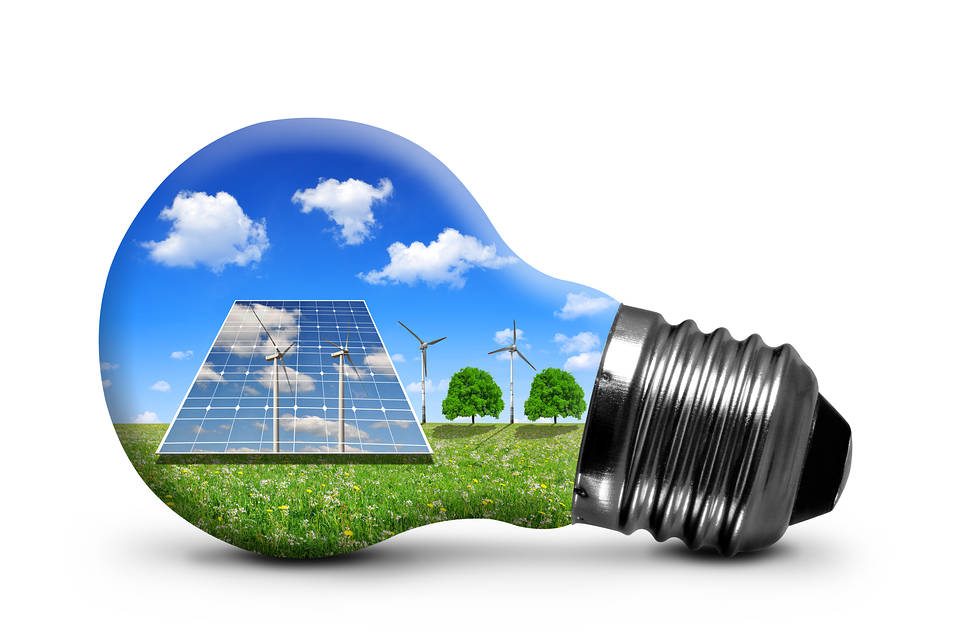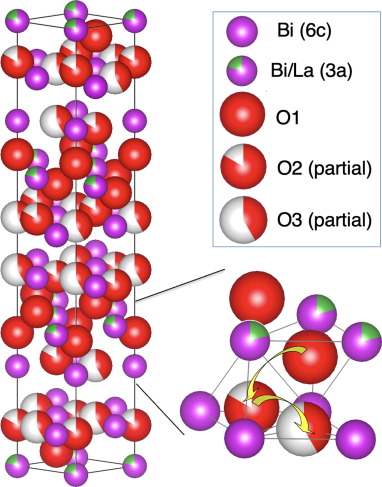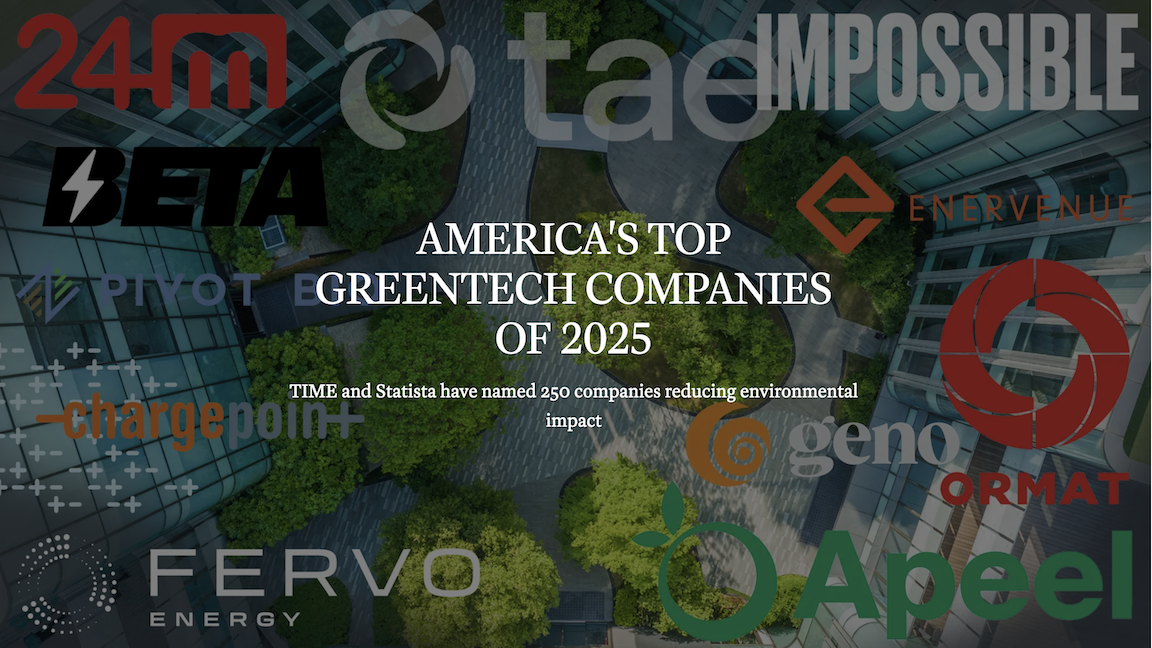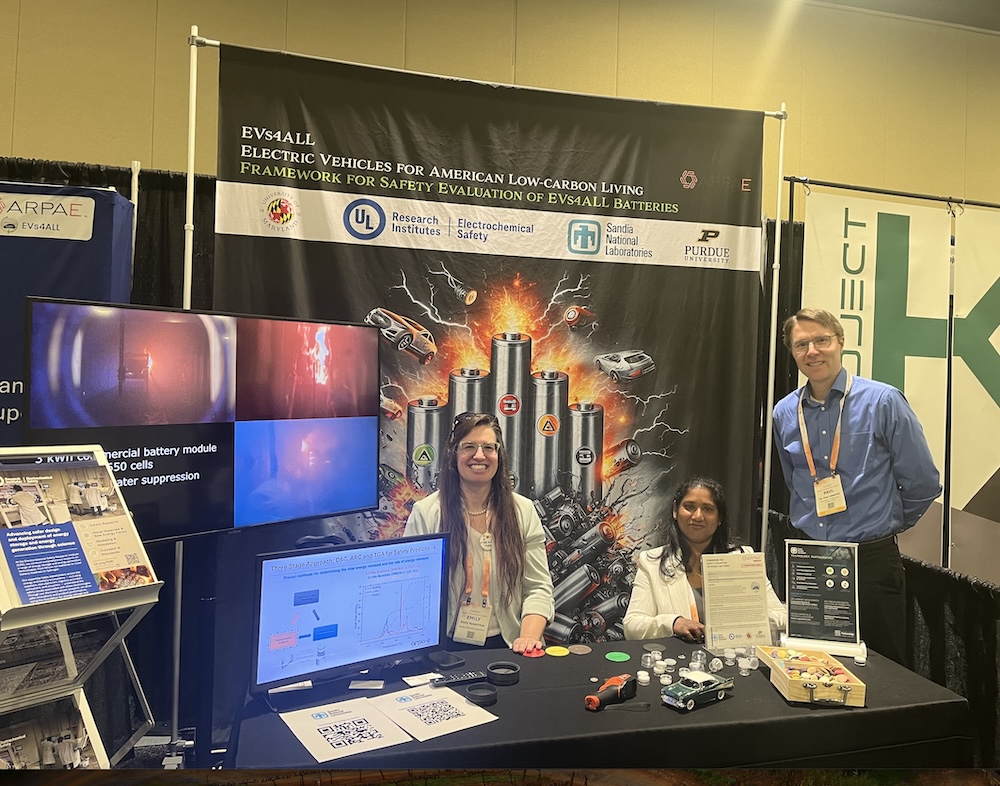News Story
2020 Hulka/Wells Energy Fellowships Awarded
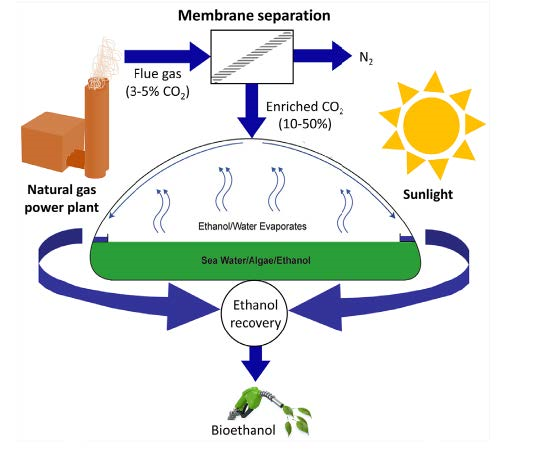
Schematic illustrating algae-based bioethanol production using CO2 sources enriched by membrane separation (www.algenol.com/)
The Maryland Energy Innovation Institute (MEI2) is pleased to announce the recipients of two new Harry K. Wells graduate fellowships and one Barbara Hulka graduate fellowship. Mr. Harry K. Wells (B.S. ’43, mechanical engineering) established an endowment to support engineering graduate student research in the field of sustainable energy generation and/or storage. The fellowship comes with a 20K stipend for research and a 4K award for conference travel and materials. The 2020-21 recipients are Adelaide Nolan (Materials Science) and Eric Carmona (Chemical Engineering).
Since 2007, Mrs. Barbara Hulka has donated $20K annually to award a faculty-sponsored graduate student pursing research in sustainable energy with specific emphasis in the areas of alternative energy research, solar energy conversion, biofuels, wind energy, wave energy, and ocean thermal or geothermal energy. Lu Liu (Chemical and Biomolecular Engineering) is this year’s Hulka fellowship recipient.
Nolan proposes to develop a theoretical understanding of LLZO cathode
interfaces for more efficient and safer energy storage. She will assess and understand the LLZO-cathode interface by conducting (1) data-driven thermodynamic analyses of coatings for the LLZO–cathode interface, and (2) first-principles analyses of Li transport within coating layers. These projects will contribute to understanding of the materials needed to stabilize LLZO and the cathode and set forth rational design guidelines for solid-solid interfaces.
In his letter of support for Nolan, Dr. Yifei Mo, UMD Assistant Professor in Materials Science, noted, “I’m particularly impressed by her proficient ability and creativity in making effective and intuitive visual presentation of complex data relations. Her creative presentation of high-dimensional phase diagrams really played key roles in revealing some key unique features of the phase equilibria among multi-component complex materials systems, and her work is leading to significant insights into the design principles of stable interfaces among complex multi-component systems.”
Carmona will focus on the development of a quantitative 2D and/or 3D electro-chemo-mechanical model of lithium dendrite initiation and propagation. The model will couple electrochemistry with relevant mechanical processes (e.g., the influence of stress on current distribution, fracture mechanics) and be validated experimentally. The validated model will be used to assess what lithium properties, electrolyte properties, and operating conditions dictate lithium plating and stripping stability to provide foundational scientific knowledge to guide future applied efforts for lithium metal battery (LMB) design.
Hulka Fellowship recipient, Liu, will focus her research on sustainable bioethanol production enabled by renewable polymer-derived carbon membranes. She will develop densification-induced ultra-thin Carbon molecular sieve (CMS) hollow fiber membranes using low-cost renewable cellulose acetate-based precursors, which are promising membrane materials for gas separations. She proposes to address the following challenges to make CMS membranes suitable for algae-based bioethanol production. Membrane cost must be reduced for large-scale production; and membrane CO2 permeance must be significantly improved to provide economical CO2 productivity using NPFG feed with low-CO2 concentration.
Dr. Chen Zhang, UMD Assistant Professor in Chemical & Biomolecular Engineering, says, “This award will open up new research avenues for her (Liu’s) research in the direction of sustainable biofuel production.”
MEI2 congratulates these three fellowship awardees.
The Maryland Energy Innovation Institute brings together science, industry, government and economic leaders to develop solutions to global and local energy problems (i.e. cleaner and renewable energy solutions; more efficient use and storage of energy) and assist the transfer of knowledge and resources to the public in addition to transitioning the research into marketable products and services through locally based entrepreneurial ventures.
Published March 5, 2020
